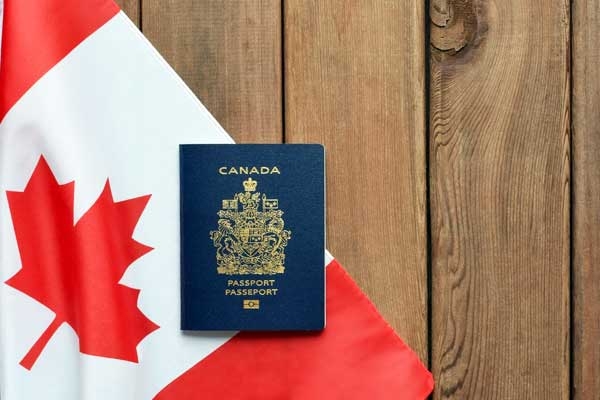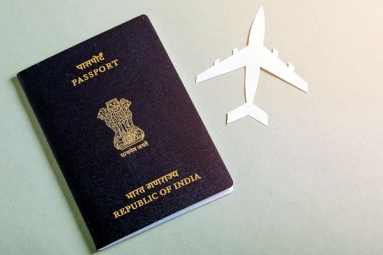
(Image source from: Canva.com)
Canada is planning to update its citizenship laws, which may help numerous families of Indian descent and other Canadians who were born in other countries. Lena Metlege Diab, the Immigration Minister of Canada, mentioned, “Bill C-3 will address long-standing problems in our citizenship legislation and create fairness for families with kids born or adopted outside Canada. This will allow citizenship for those who were left out by earlier laws and establish clear regulations for the future that reflect the lifestyles of modern families. These modifications will enhance and safeguard Canadian citizenship.” Immigration, Refugees and Citizenship Canada (IRCC) stated that the first-generation limit set in 2009 limited citizenship by descent to children born or adopted outside Canada only if at least one parent was either born or naturalized in Canada. In December 2023, the Ontario Superior Court determined that this rule was unconstitutional. The federal government accepted this decision and chose not to challenge it.
This limitation created a category of people often called “lost Canadians,” who felt they should have citizenship but were excluded by older laws. Bill C-3 reinstates citizenship for those impacted by the earlier restrictions and adds a “substantial connection test.” Through this rule, a Canadian parent born outside Canada can pass citizenship to their child if they have spent at least 1,095 total days in Canada prior to the child's birth or adoption. This requirement is similar to citizenship policies in countries like the United States, United Kingdom, and Australia. A court has pushed back the deadline for this change to January 2026, giving IRCC time to get ready for it. Immigration lawyers expect a significant increase in citizenship applications once the new system is in place. The Canadian Immigration Lawyers Association (CILA) has praised this reform. The Canadian Citizenship Act of 1947 included regulations that caused many individuals to lose or miss citizenship. Revisions in 2009 and 2015 reinstated citizenship for most, with around 20,000 people confirming their status. The policy from 2009 also indicated that children born outside Canada could not automatically become citizens if their Canadian parent was born outside of Canada. In 2023, a judge declared this rule unconstitutional, and the government accepted this ruling.







